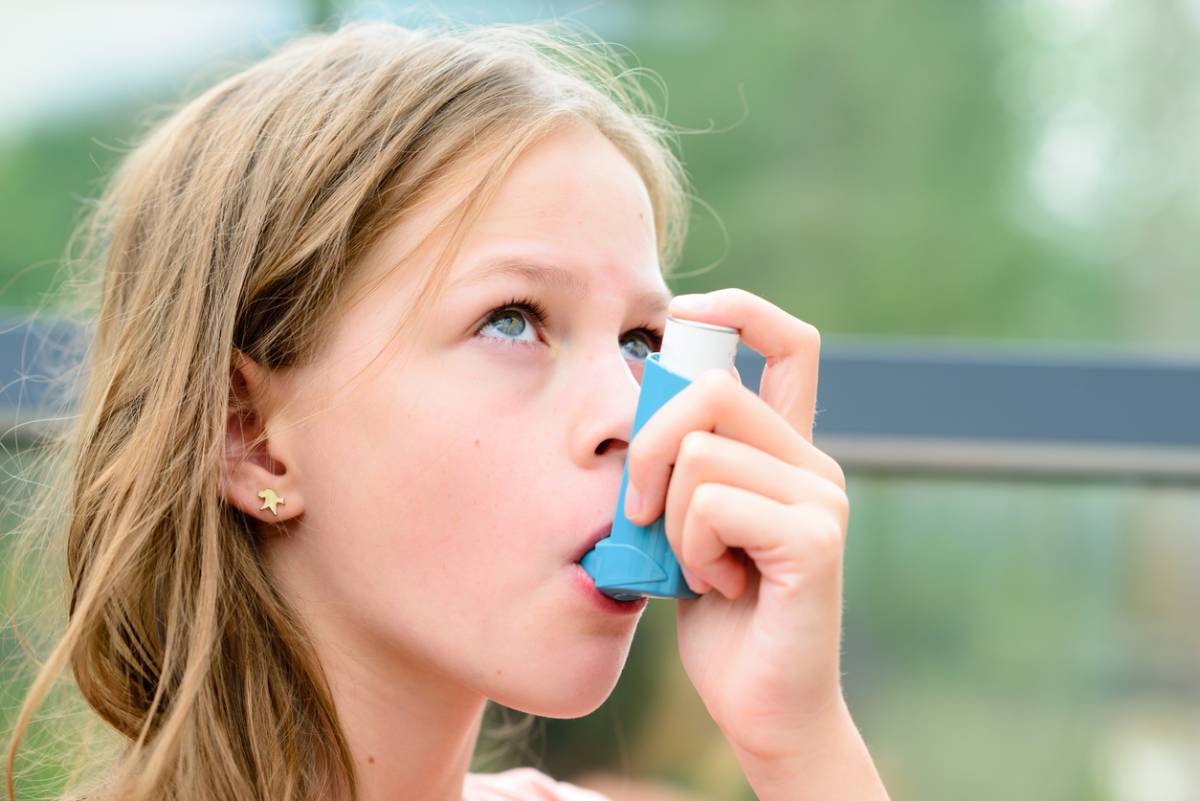Asthma is a chronic disease. There is no cure, but there are plenty of treatments that can allow people with asthma to live a relatively normal and happy life. Unfortunately, the condition is unlikely to remain static through your entire life. So how can you spot signs your child’s asthma is getting worse?
Many people with mild to moderate childhood asthma see a reduction in symptoms and attacks as they reach adulthood. Other patients will asthma may experience periods of worsening symptoms.
Your Staten Island asthma doctor is here for you and your child.
Signs that Your Child’s Asthma is Getting Worse
These changes can be particularly dangerous when it comes to pediatric cases, as a young child may not notice the symptoms. Fortunately, your specialist in pediatric pulmonology can help by providing insight into your child’s condition, while giving you the tools to monitor any noteworthy changes. Here are just a few signs that may indicate your child’s asthma is getting worse.
They’re coughing a lot at night
Many people with asthma have aggravated symptoms at night. It may be increased exposure to triggers, cooled airways, or even the reclined position we take while sleeping. Ultimately what matters is that you will likely notice an increase in their night time symptoms first. If they’re asleep, check on them before you go to bed yourself and note any changes to their breathing. Coughing and wheezing should be reported to your child’s asthma doctor as soon as possible.
They seem to have difficulty talking at times
Shortness of breath and tightness in the chest can present in a number of ways. However, your child may not always feel the need to tell you when they experience these symptoms. As a result, you will need to be observant. Note if they seem to have trouble getting out sentences without taking multiple breaths.
They’re asking for their inhaler or nebulizer treatments more often
If your child is old enough to understand the connection between their medication and their symptoms, then they’re more likely to ask for a treatment when they begin to feel the early signs of a possible attack. Do your best to keep track of how often your child asks for a treatment and watch for other possible signs of worsening asthma.
There’s a drop in their peak flow readings
Once your child is old enough to reliably use a peak flow meter, it will become one of the most useful tools in your arsenal. You will want to administer the test in about the same conditions a couple of times a week for the most accurate gauge of your child’s asthma. Try to do the tests around the same time of day when your child is relatively calm to ensure accuracy.
They’re struggling to do physical activities they normally do
When your youngster is having difficulty performing physical actions that they would normally enjoy, then you should schedule an appointment with your pediatric pulmonologist. That’s a clear indication that something is wrong.
They’re putting their hand to their chest a lot
Difficulty speaking without extra breaths is a common sign that your child is experiencing shortness of breath. However, there is one other signal that may suggest they’re experiencing the early symptoms of an asthma attack. Many of us unconsciously touch the top of our chest near the clavicle when we feel like our chest is a bit tight. You can watch for this tell in your child, especially as they get older.
What Do These Signs Indicate?
Essentially, these symptoms will present in any person whose asthma isn’t fully managed. You will want to note what signs your child is showing and how often they occur to give Dr. Shukla an accurate depiction of your child’s current condition. Together, you can monitor the frequency of symptoms and attacks to build a reliable understanding of the path you’re on and whether current treatments are effective.

